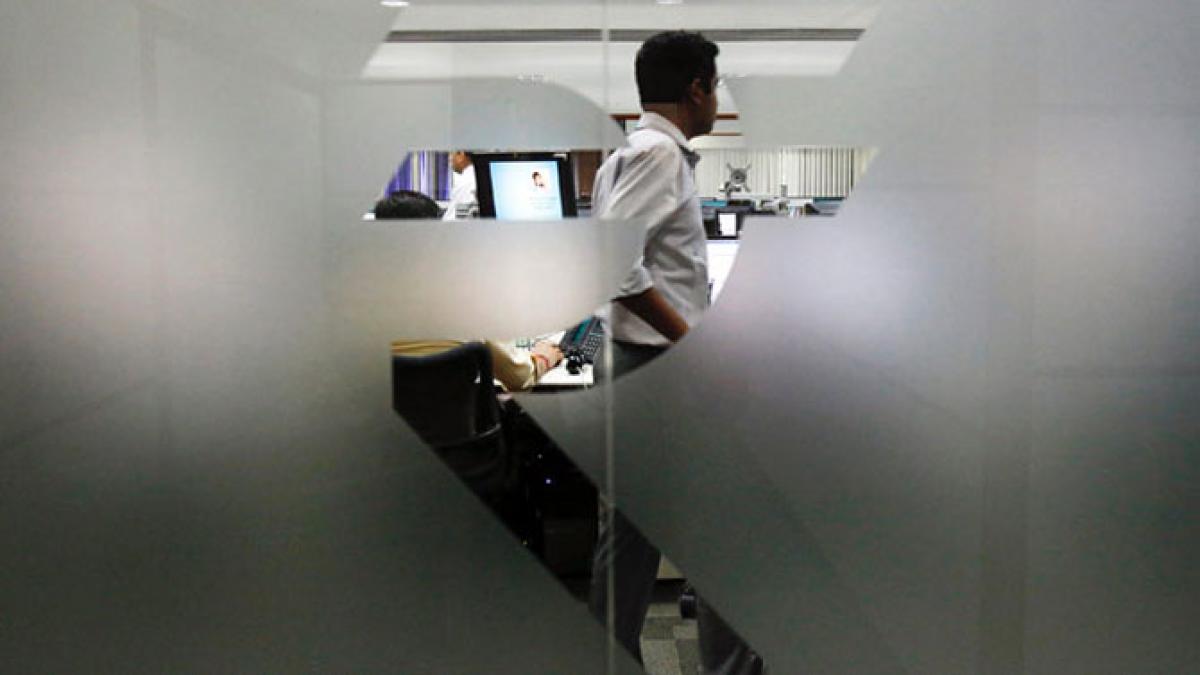UNESCAP Report: Pakistan Tax Gap to Widening | PTI
A UNESCAP report projects Pakistan's tax gap to widen to over 12% of GDP. The report also forecasts GDP growth and inflation for the fiscal year.

Islamabad, Apr 6 (PTI) A top UN agency report has assessed that Pakistan's tax gap stands at around 3 per cent of the GDP and could go to over 12 per cent against the existing level of 9 per cent of the GDP, a media report said on Saturday.
On the macroeconomic front, the United Nations Economic and Social Survey of Asia and Pacific (UNESCAP) 2024 projected Gross Domestic Product (GDP) growth of 2 per cent and inflation at 26 per cent for the ongoing fiscal year.
The GDP growth rate is projected to go up to 2.3 per cent in FY25 while inflation would fall to 12.2 per cent, reported The News International.
On tax gap, the UNESCAP states that despite their low tax levels, tax gaps in Bangladesh, Pakistan and Sri Lanka are moderate, although such gaps are not necessarily small if measured as a share of current tax revenues rather than as a share of the GDP.
This suggests that better tax policies and administration alone may not help bridge the vast development financing gaps in low-tax countries. Overall improvements in socioeconomic development and public governance would be needed as well as tax revenue enhancement on a larger scale.
The Federal Board of Revenue's (FBR) tax-to-GDP ratio hovers around 9 per cent of the GDP keeping in view the projected annual tax collection target of Rs 9,415 billion for the current fiscal year. The UNESCAP has estimated that the tax-to-GDP ratio could go up to 12 per cent of the GDP.
It further states that Pakistan's economy faced political unrest that had adverse impacts on business and consumer sentiment, while a massive flood disrupted agricultural production.
Pakistan secured an IMF agreement in mid-2023 which would help with further assistance from such bilateral partners as China, Saudi Arabia and the United Arab Emirates.
Essentially, the economy is undergoing fiscal adjustments to restore fiscal sustainability through the use of various measures, such as removing subsidies for the power sector in Pakistan.
Despite their low tax levels, tax gaps in Bangladesh, Pakistan and Sri Lanka are moderate, although such gaps are not necessarily small if measured as a share of current tax revenues rather than as a share of the GDP, the report said.
This suggests that better tax policies and administration alone may not help bridge the vast development financing gaps in low tax countries. Overall improvements in socioeconomic development and public governance would be needed as well as tax revenue enhancement on a larger scale, according to the paper.
On the macroeconomic front, the United Nations Economic and Social Survey of Asia and Pacific (UNESCAP) 2024 projected Gross Domestic Product (GDP) growth of 2 per cent and inflation at 26 per cent for the ongoing fiscal year.
The GDP growth rate is projected to go up to 2.3 per cent in FY25 while inflation would fall to 12.2 per cent, reported The News International.
On tax gap, the UNESCAP states that despite their low tax levels, tax gaps in Bangladesh, Pakistan and Sri Lanka are moderate, although such gaps are not necessarily small if measured as a share of current tax revenues rather than as a share of the GDP.
This suggests that better tax policies and administration alone may not help bridge the vast development financing gaps in low-tax countries. Overall improvements in socioeconomic development and public governance would be needed as well as tax revenue enhancement on a larger scale.
The Federal Board of Revenue's (FBR) tax-to-GDP ratio hovers around 9 per cent of the GDP keeping in view the projected annual tax collection target of Rs 9,415 billion for the current fiscal year. The UNESCAP has estimated that the tax-to-GDP ratio could go up to 12 per cent of the GDP.
It further states that Pakistan's economy faced political unrest that had adverse impacts on business and consumer sentiment, while a massive flood disrupted agricultural production.
Pakistan secured an IMF agreement in mid-2023 which would help with further assistance from such bilateral partners as China, Saudi Arabia and the United Arab Emirates.
Essentially, the economy is undergoing fiscal adjustments to restore fiscal sustainability through the use of various measures, such as removing subsidies for the power sector in Pakistan.
Despite their low tax levels, tax gaps in Bangladesh, Pakistan and Sri Lanka are moderate, although such gaps are not necessarily small if measured as a share of current tax revenues rather than as a share of the GDP, the report said.
This suggests that better tax policies and administration alone may not help bridge the vast development financing gaps in low tax countries. Overall improvements in socioeconomic development and public governance would be needed as well as tax revenue enhancement on a larger scale, according to the paper.
You May Like To Read
TODAY'S MOST TRADED COMPANIES
- Company Name
- Price
- Volume
- Vodafone Idea L
- 8.23 (+ 1.60)
- 120450353
- Standard Capital
- 0.55 (+ 3.77)
- 26234194
- AvanceTechnologies
- 0.64 (+ 18.52)
- 15503509
- G G Engineering
- 0.97 (+ 7.78)
- 14312441
- Sharp Investments
- 1.14 (+ 20.00)
- 10870953







 © 2025 Rediff.com India Limited. All rights reserved.
© 2025 Rediff.com India Limited. All rights reserved.